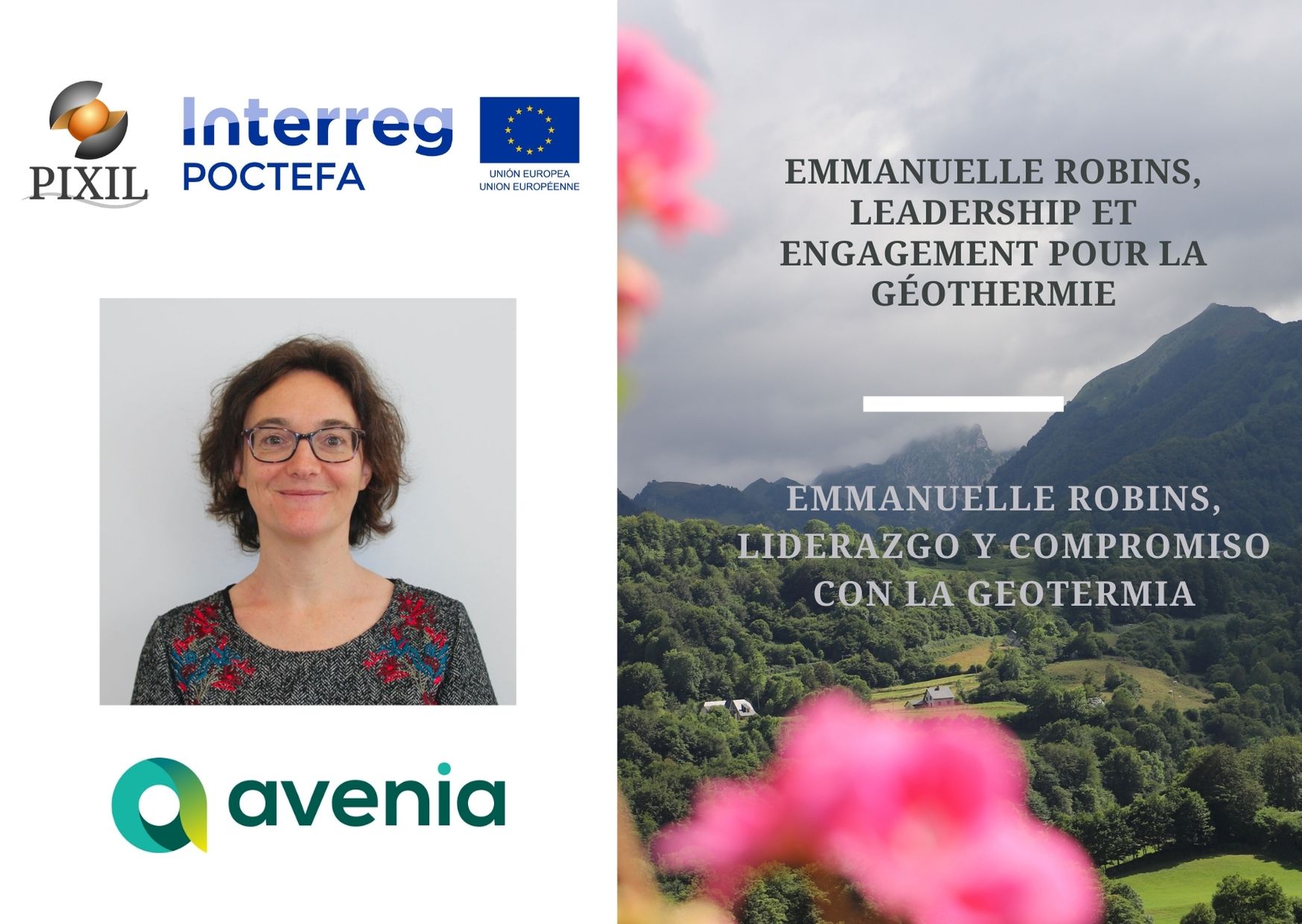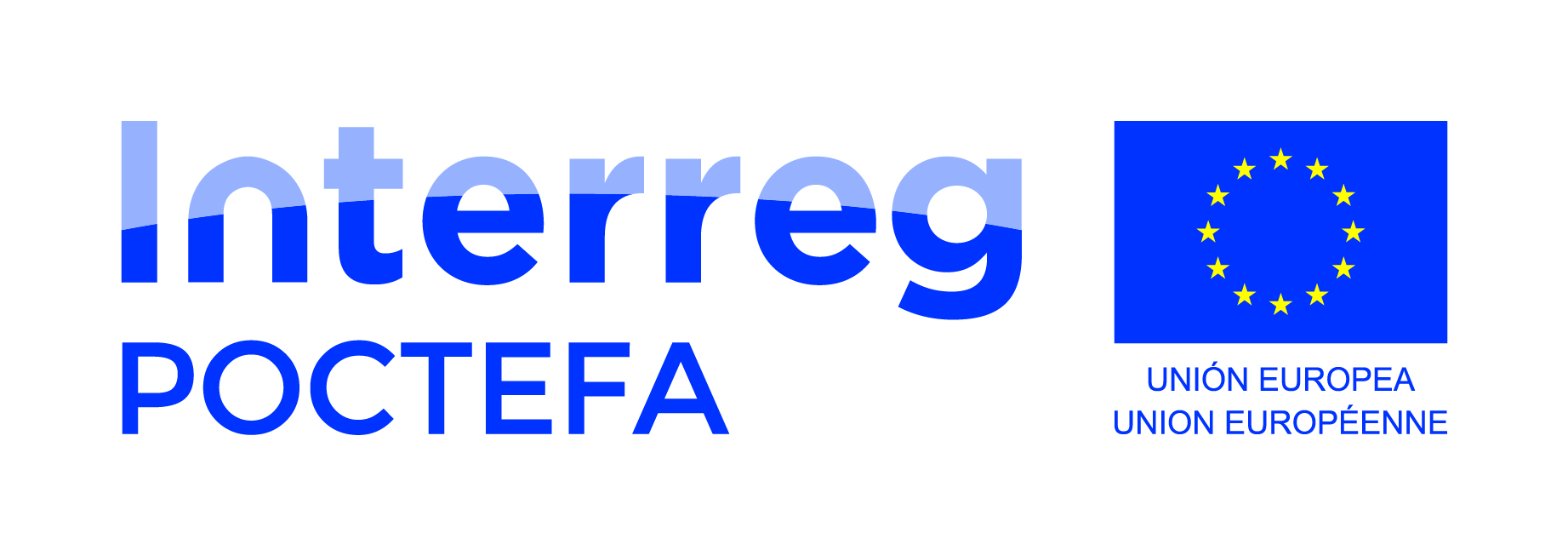
Emmanuelle Robins was born in Bordeaux (France) and after graduating in Chemistry she became Project Manager. She is currently working as an Europe & International Project Leader at POLE Avenia, one of the partners of the PIXIL project.
In the following interview, Emmanuelle talks about her job experiences and views about being a woman within the professional, scientific and business world.
-
Why did you choose this profession?
After some years in the pharmaceutical industry, I went back to university to get a Master’s Degree related to European project management. I knew it was what I wanted to do with my life.
-
How did you first become interested in science?
I am a scientific person in my mindset. I naturally studied Sciences and oriented my career towards this field, initially in the pharmaceutical industry and currently in subsoil energy.
-
You have a head position. What is your experience in this role? What do you think was valued for it?
I have always liked coordinating large development projects, with a lot of actors from the full value chain. I guess my leadership is my strength in this case.
-
Do you think gender is an obstacle for women's head positions?
Yes, especially in the industries of subsurface energy (Oil&Gas, Mining…) where Head Technical Positions are mainly men. But women do not have to give up and they have to be ambitious as well.
-
Are there still gender differences in your research environment?
It depends on the areas but it is true that technical positions are mostly joined by men and roles related to communication or coordination of projects much more by women.
-
Did you have any problem trying to combine your research career and your personal life?
It has been and still is but I do my best to reconcile work and personal life.
-
What would you like to achieve by participating in the PIXIL project?
I would like geothermal energy to be considered as a real renewable energy option in the long term but the “educational” side of the promotion of such energy is not here yet. We have to continue collecting data (and after promoting it) to finally ensure that it is necessary in our life.
-
What messages would you give to young women who want to pursue a research career?
Go ahead and pursue your goals!



